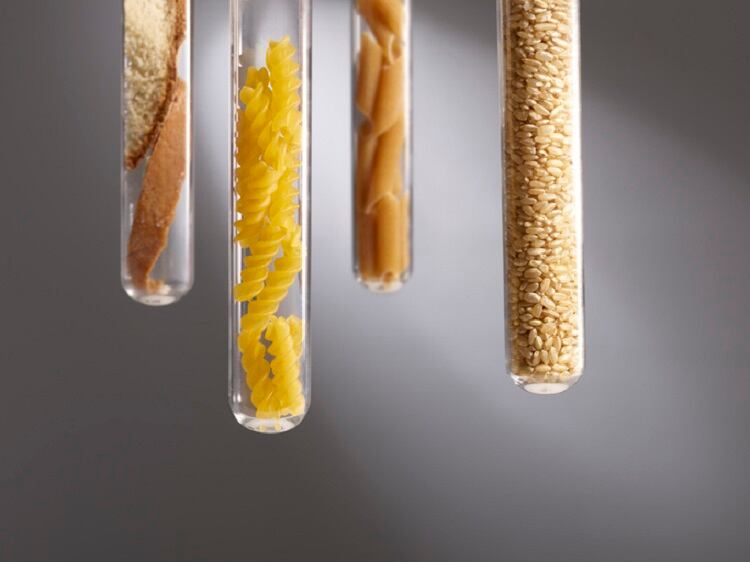Microbial transglutaminase is a processing aid used in the industrial manufacture of meat, dairy, and baked products. According to a recent review published in Frontiers in Pediatrics, the bacterial enzyme could be a trigger of paediatric coeliac disease.
“Microbial transglutaminase can glue together proteins, so it’s used to improve food texture, palatability and shelf-life,” explained co-author Aaron Lerner in a statement.
The enzyme functions like the endogenous tissue transglutaminase – an ‘undisputable’ key trigger in coeliac disease initiation and development.
Coeliac UK: Fast facts on the disease
- Coeliac disease is a lifelong autoimmune disease caused by a reaction to gluten
- 1 in 100 people have the condition
- Symptoms include diarrhoea, constipation, vomiting, stomach cramps, and fatigue
- Once diagnosed, it is treated by following a gluten free diet for life
While transglutaminase is produced naturally by our own gut microbes, the scale of the bacterial enzyme used in processed foods can affect the body’s response, Lerner explained.
“Our own transglutaminase has a different structure to the microbial sort, which allows its activity to be tightly controlled.
“And while the relatively indiscriminate microbial transglutaminase is produced by some of our normal gut fauna, the amount of the enzyme could be significantly increased when this microbial population is altered by factors like infection, antibiotics or stress – or, indeed, through consumption of industrially processed foods.”
Early days
Lerner highlighted that more research is required before definite links can be made between the enzyme and paediatric disease.
“Ultimately all we have so far are associations between microbial transglutaminase and coeliac disease,” he said. “To test whether this enzyme causes or triggers immune damage in coeliac disease will require experimenting with exposure in animal models, intestinal cell lines or biopsies.”
Coeliac UK, which has voiced its support of the study, similarly said more research is needed to make a conclusive finding.
“This latest research…will no doubt be of interest to the coeliac community. However, it is very early days and there will need to be a good deal more research before we will know if the role of this specific food additive is of any importance in the experience of coeliac disease,” Coeliac UK told FoodNavigator.
“For anyone on a gluten free diet, there will be no gluten to stimulate an immune response in any case and case and the role of the additive will be irrelevant,” the organisation added.
Processing aids
With no known cure, or cause, of coeliac disease, Lerner emphasised the importance of sufferers adhering to a strictly gluten-free diet.
This raises an interesting question regarding processing aids and labelling protocol in Europe: Under EU law, food manufacturers are not required to list processing aids, such as microbial transglutaminase, on food labels.
Should products using in the food processing stage only, that in theory do not remain in the final product, be listed on product labels?
“Until there is a clearer answer [regarding the cause of coeliac disease], we recommend transparency and vigilance with regards to labelling of foods processed using microbial transglutaminase,” said Lerner.
Source: Frontiers in Pediatrics
Published online: 3 January 2019
'Microbial Transglutaminase is Immunogenic and Potentially Pathogenic in Pediatric Celiac Disease'
DOI: https://doi.org/10.3389/fped.2018.00389
Authors: Matthias Torstein, Aaron Lerner


